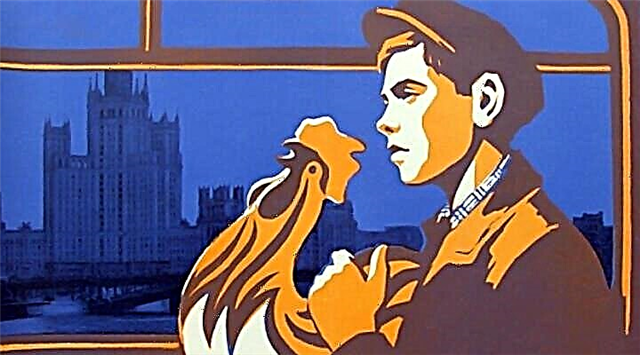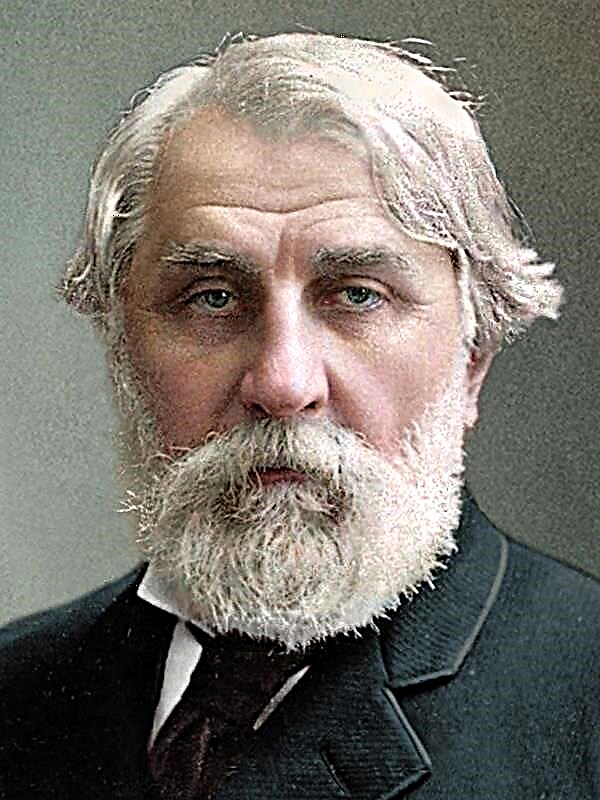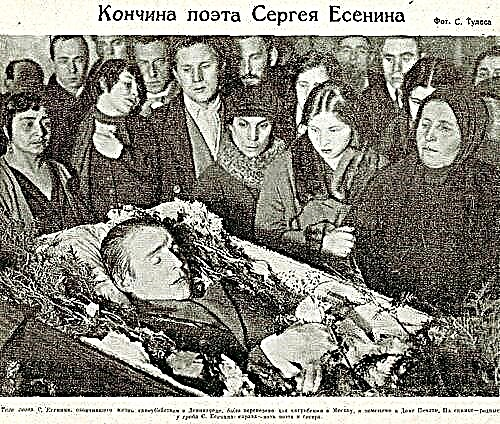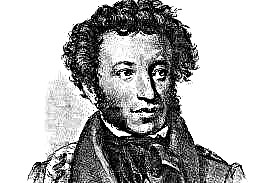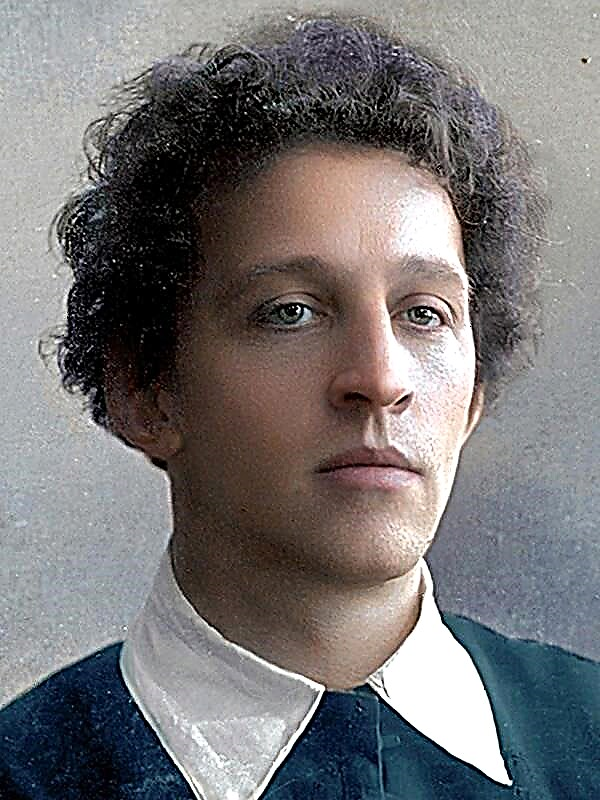(330 words) The comedy “Woe from Wit” is considered the main work in the work of A. Griboedov. The main idea of the play is that an honest and progressive person who has an extraordinary mind is often an outcast in society. Alexander Andreevich Chatsky, the protagonist of the play, is saddened by the fact that, unlike the whole Famus society, he says practical things and realizes how vicious and stupid nobles live. But drama was ranked among comedies because Griboedov makes fun of people who deny education, honesty, and social justice. For this, I really liked the book, because such problems as ignorance, inertness, careerism and hypocrisy are relevant today. My impression of the book can be called positive.
What does this work teach? Firstly, the fact that you need to think with your own head and not succumb to the influence of the environment. The hero was called mentally ill only because he does not observe their foundations, does not chase ranks and money. And everyone believed! No one doubted the gossip, so monstrous injustice was allowed. I liked Chatsky’s position in such a difficult situation. Despite the fact that his beloved Sophia herself slandered him, he calmly asks for “A carriage for me, a carriage” and leaves. We can say that the author gives instructions to posterity - do not react violently to insults, it is always better to just leave and leave the last word for yourself. Secondly, the work teaches correct and sound thinking, as well as investing in self-education. Chatsky received a foreign education corresponding to the “current century”. Griboedov himself, through the mouth of a hero, shows the inconsistency of the current system of aristocratic education. He knew what he was talking about, because he had reached a high post, relying on knowledge gained abroad. Thus, a person should be engaged in raising their own qualifications, and not curry favor in order to get a place in the blat.
In this small play, I like the hero Chatsky most of all, his outlook on life, on military service. This is an intelligent person with self-esteem. Although A. Pushkin doubted in his review of the work that the hero who is trying to reason with society is smart, I think that only such people can stir up the stagnant swamp, mired in hypocrisy and ignorance. World history proves that it is the "white crows" that lead the whole flock forward.

